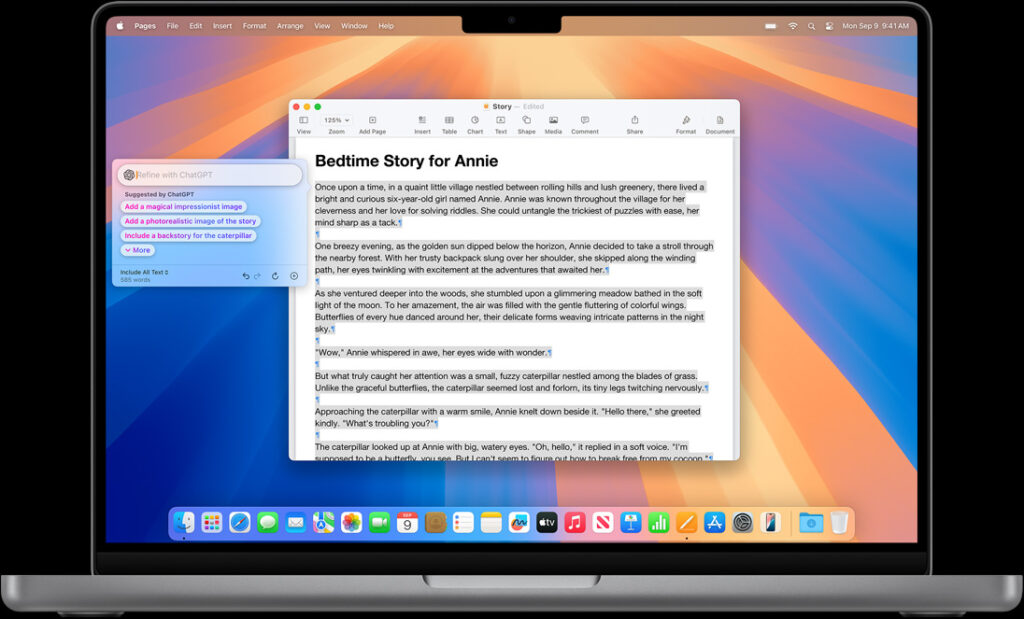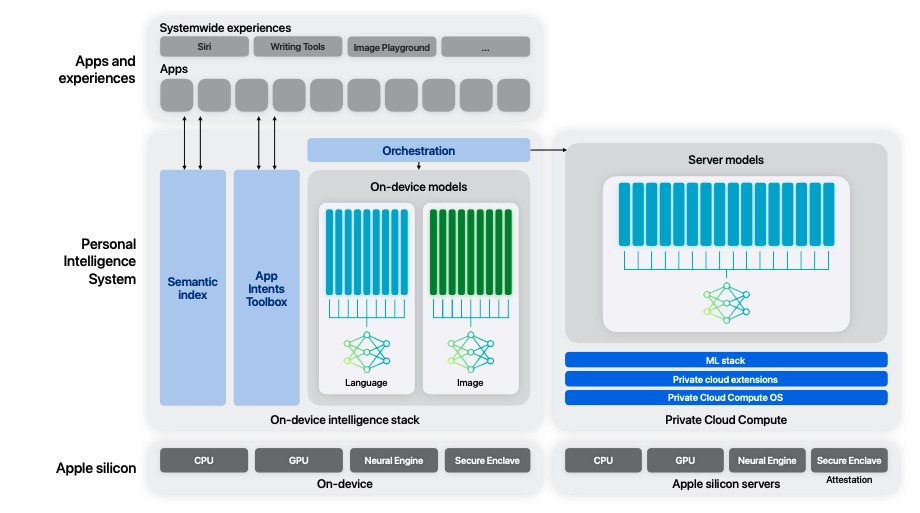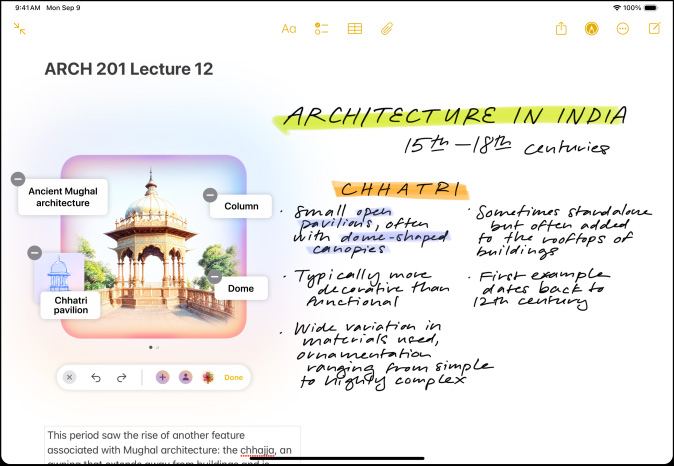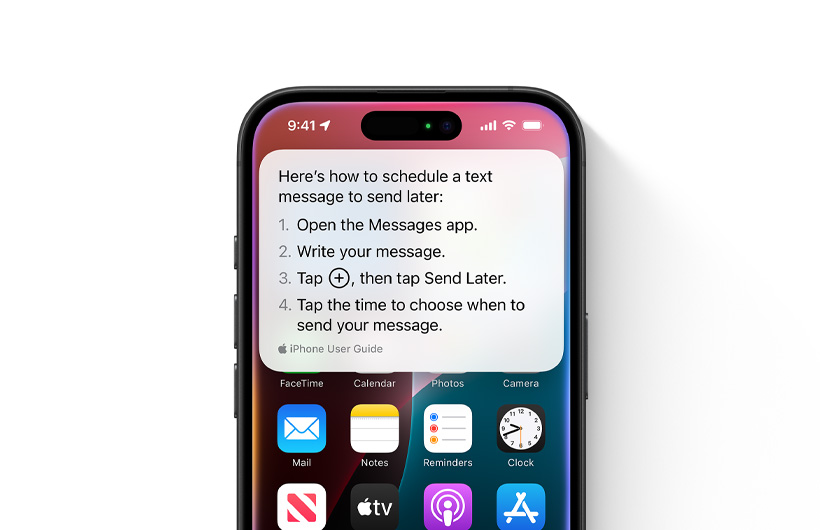How Apple’s Private Cloud Compute Transforms User Experience with Advanced On-Device and Cloud Capabilities

Apple is taking a significant leap in artificial intelligence and user privacy with its introduction of the Private Cloud Compute (PCC). This innovative system not only enhances the capabilities of Apple Intelligence on devices like the iPhone, iPad, and Mac but also assures users that their data remains secure. Here are three key points that highlight the impact of Apple’s Private Cloud on AI privacy:
- On-Device Processing Meets Cloud Power: By combining on-device processing with the ability to access larger models in the cloud, Apple ensures that users can leverage powerful AI capabilities without sacrificing privacy.
- Unprecedented Security Architecture: With features like the Secure Enclave and stateless data processing, Apple’s PCC sets a new standard for cloud security, ensuring that personal data is not accessible even to Apple employees.
- Transparent and Verifiable: PCC promises verifiable transparency, allowing security researchers to inspect the software and validate Apple’s privacy claims, fostering trust in the system.
A New Era of AI with Apple Intelligence
Apple Intelligence is designed to bring generative AI capabilities to users in a way that prioritizes privacy and security. The cornerstone of this system is the innovative on-device processing that allows for immediate responses without collecting personal data. However, for complex tasks that exceed the processing capabilities of individual devices, Apple has developed the Private Cloud Compute system.

PCC serves as a powerful extension of Apple Intelligence, providing access to larger, server-based models while ensuring that the user’s data remains private. When a user makes a request, the system first analyzes whether it can be processed locally. If not, it routes the request to PCC, sending only the necessary data for processing. This approach minimizes exposure and reinforces Apple’s commitment to user privacy.
Unmatched Security Features of Private Cloud Compute
One of the most remarkable aspects of Private Cloud Compute is its robust security architecture. Built on Apple silicon, PCC employs multiple layers of security that are already well-established in Apple devices. The Secure Enclave protects critical encryption keys, while Secure Boot ensures that the operating system is signed and verified.

The system is designed to process user data statelessly, meaning that data is used exclusively for the request at hand and is never stored or made accessible after the response is returned. This not only enhances user privacy but also addresses concerns associated with traditional cloud AI services, which often struggle to ensure data confidentiality and security.
Tackling the Challenges of Cloud AI
Apple’s approach to cloud AI presents a formidable challenge to existing security models. Traditional cloud services often rely on methods that are difficult to verify and enforce, leading to concerns about data breaches and unauthorized access. PCC addresses these challenges head-on with enforceable guarantees and a design that eliminates privileged runtime access.

By ensuring that there are no interfaces that could enable privileged access to user data, Apple significantly reduces the risk of data exposure during system administration. Furthermore, the design eliminates potential points of failure commonly associated with traditional cloud services, providing users with greater peace of mind.
A Commitment to Transparency and Verification
To foster trust in its Private Cloud Compute system, Apple is making an unprecedented commitment to transparency. PCC will allow security researchers to verify its security and privacy guarantees through publicly available software images and a detailed transparency log. This level of openness is rare in the tech industry and highlights Apple’s dedication to maintaining user privacy.

Researchers will have access to tools that enable them to analyze the PCC software stack and validate that it matches Apple’s public promises. This proactive approach not only reassures users but also encourages independent scrutiny, ensuring that any potential vulnerabilities can be identified and addressed promptly.
Local Models: Personalized AI with Unmatched Privacy
How Apple’s on-device AI models deliver powerful functionality while keeping user data secure.

Apple Intelligence, Apple’s AI-powered system embedded in iPhone, iPad, and Mac, is designed with a unique focus on privacy and on-device processing. By relying on highly capable, locally-run AI models, Apple provides robust and responsive AI capabilities that prioritize user privacy at every level. Here’s how Apple’s local model approach is transforming AI functionality:
- On-Device Processing for Enhanced Privacy: Apple’s local models run entirely on user devices, ensuring data stays private and secure without the need for cloud processing.
- Specialized AI for Everyday Tasks: Tailored to help with common activities like writing, organizing notifications, and image creation, Apple’s on-device models are versatile and efficient.
- Optimized for Efficiency: These models are designed to function seamlessly on Apple devices, leveraging innovations in memory and performance to provide fast, high-quality results.
On-Device AI: Putting Privacy at the Core of Apple Intelligence
The foundation of Apple Intelligence is its on-device processing capability. Unlike traditional AI models that require extensive cloud-based resources, Apple’s AI models operate directly on iPhone, iPad, and Mac. This ensures that personal data remains on users’ devices, providing privacy by design without sacrificing functionality. Apple’s focus on on-device AI represents a major shift in how AI can be deployed securely, especially for tasks that involve sensitive information like personal messaging, note-taking, and content creation.

Powerful, Specialized Models for Everyday Use
Apple Intelligence includes a range of specialized on-device models tailored for daily activities. With a ~3 billion parameter language model, these models excel at tasks like summarizing notifications, drafting and editing text, generating playful images, and even streamlining in-app actions. This suite of tools is designed to seamlessly assist users while adapting to their unique interactions and preferences.

In addition to language models, Apple’s Intelligence system supports a variety of other foundational models, such as a coding model that enhances Xcode capabilities and a visual model for creating images. Together, these models create a dynamic, on-device AI ecosystem that is both versatile and efficient, giving Apple users AI that fits naturally into their daily lives.
Optimized Model Performance: Efficient and Quick Responses
Apple’s on-device AI models are optimized for the high-performance hardware found in Apple’s latest devices. Key innovations, such as adaptive quantization and low-bit precision, make these models lightweight enough to run efficiently on-device without compromising quality. The local language model can generate responses in real-time, with latency as low as 0.6 milliseconds per token, enabling smooth and natural interactions across apps.

Dynamic Task Adaptation with Adapters
Apple’s on-device models use a modular approach with adapters, which are small, specialized neural networks that allow the models to dynamically adjust to specific tasks. These adapters can be loaded as needed, preserving memory and allowing the main model to retain its general knowledge while adapting to specific user needs. For example, Apple’s summarization adapter can distill content from messages, emails, and notifications into concise, meaningful summaries tailored to each context.
Privacy-Focused AI That Empowers Users
Apple’s on-device models embody its commitment to privacy and efficiency, proving that sophisticated AI can be both powerful and personal. By running entirely on Apple devices, these models provide users with a responsive and secure AI experience that respects their privacy. As Apple continues to innovate in on-device AI, users can look forward to even more seamless, privacy-centric tools that enhance their everyday interactions.

Pioneering Privacy in the AI Landscape
Apple’s Private Cloud Compute represents a significant advancement in the intersection of AI and user privacy. By integrating sophisticated AI capabilities with robust security measures, Apple is setting a new standard for how personal data is handled in the cloud.
As AI technology continues to evolve, Apple’s commitment to privacy and transparency positions it as a leader in protecting user data while delivering powerful intelligent solutions. With PCC, users can confidently harness the potential of advanced AI without compromising their privacy, marking a pivotal moment in the evolution of cloud computing.

